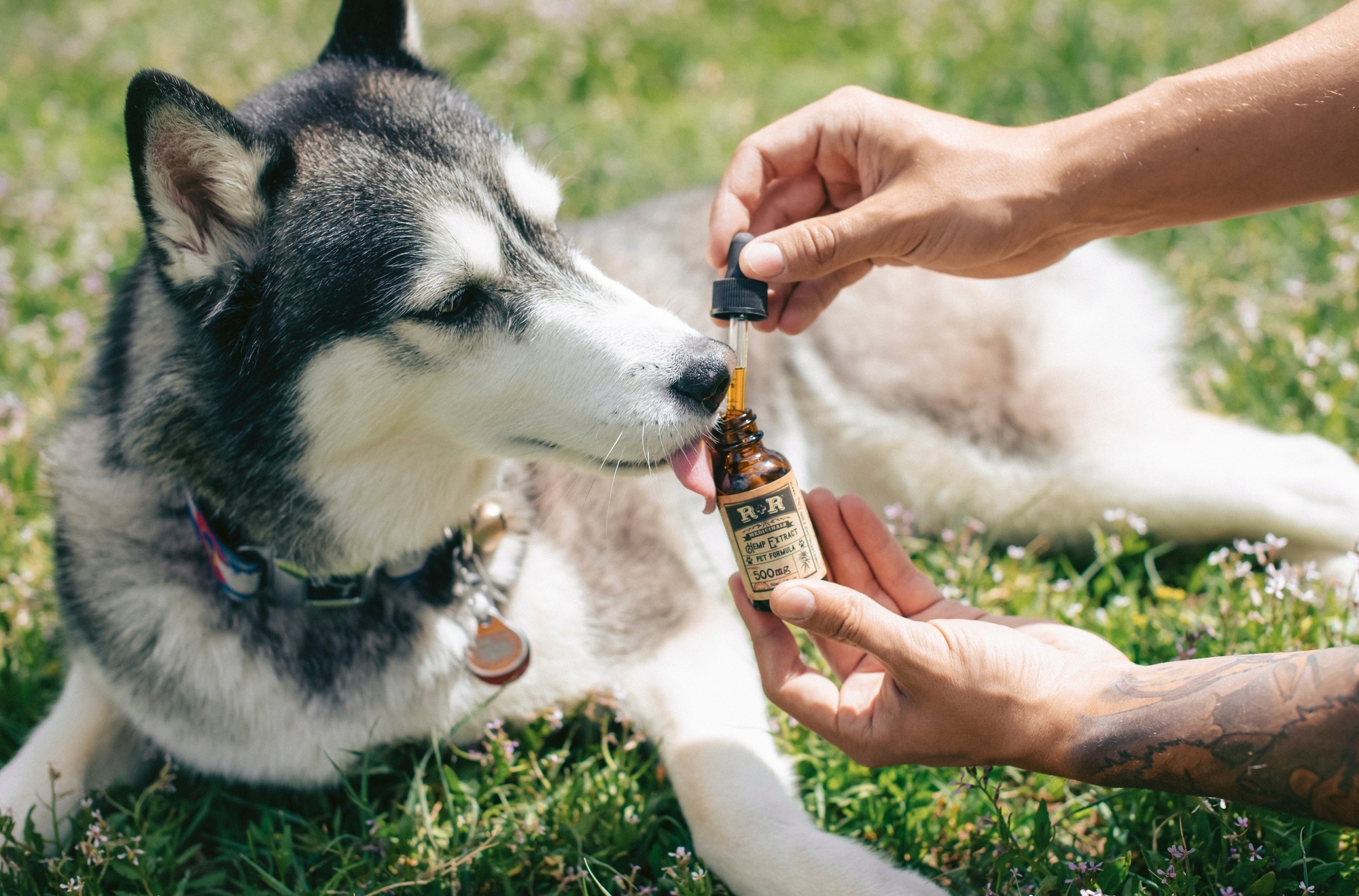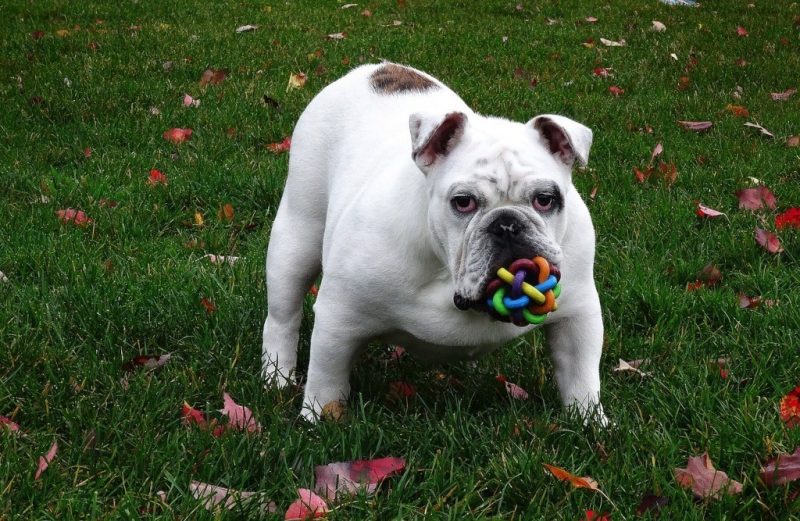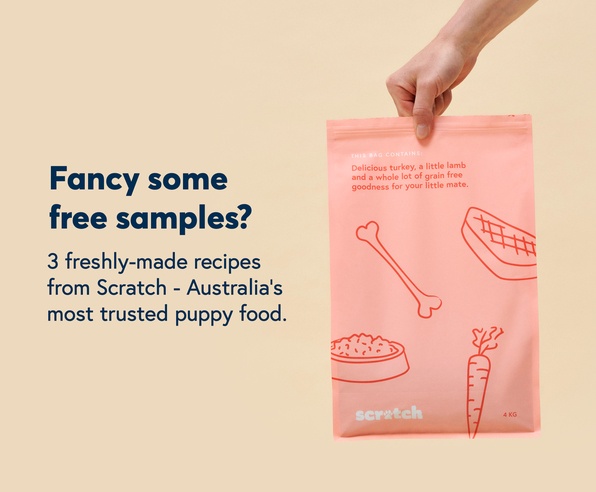UPDATE: In December 2019 the US Food and Drug administration issued warnings to several companies who had been producing and selling CBD products for humans and pets. Their action came as the agency announced that they won’t officially recognise CBD as a safe ingredient, and pointed to a lack of evidence supporting its benefits. Additionally they expresed concerns over potential liver damage and complications it could cause when combined with other medications.
In recent years, it feels like everyone is talking about cannabidiol, or as it’s more commonly known, CBD. It’s a chemical compound from the cannabis plant that unlike the more familiar tetrahydrocannabinol (THC) isn’t psychoactive. While it won’t get you high, devotees have been claiming it has many other benefits.
Research is still thin, but that hasn’t stopped many people claiming it can help reduce anxiety, pain, and insomnia. As a result it has found its way into just about every consumer item you could imagine: lollies, cookies, cosmetics, soft-drinks, room sprays, and now pet products.
In 2017, the US market for CBD dog products was worth about $13 million. Just a year later, it rose to $20 million as pet parents around America grew curious to see whether the cannabis products would help their dogs.
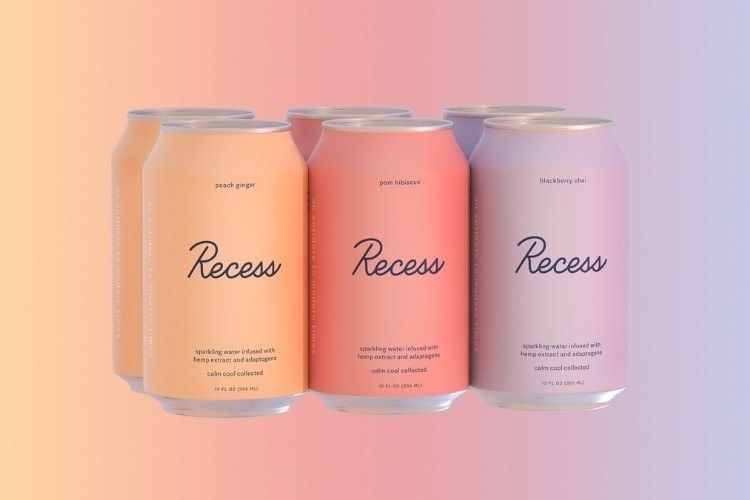
What is CBD?
Before we get stuck in, there are a few things to know about CBD. Firstly, it’s not widely available in Australia. The government has only legalised it for restricted use in some medical situations. Basically you need to be a human and get it from a doctor. So far, not great for any dogs looking to experiment.
Secondly, and this is important, it won’t get you or your pet high. The jury is still out on whether it does anything notable (like reducing pain and anxiety) at all.
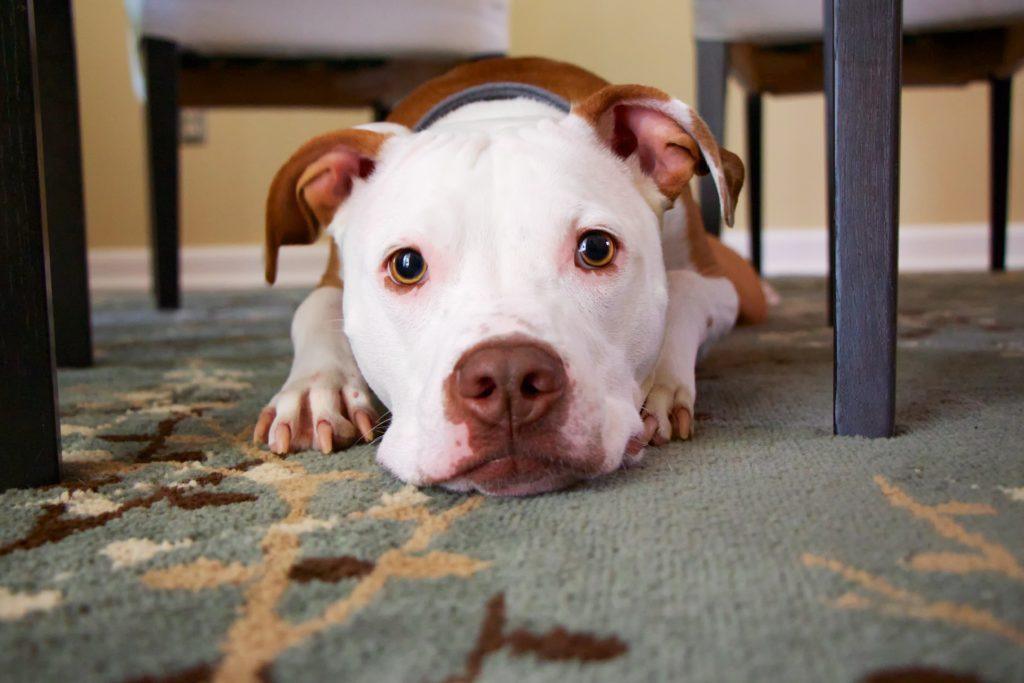
How Is it Different from Weed?
The cannabis plant comes in two forms: marijuana and hemp. The former is the famous (or infamous) one that’s mostly used for recreational purposes, although it is increasingly being harnessed for it’s medical benefits too. It contains THC, which gets you high.
Hemp is the bit we’re talking about, it’s much tamer and traditionally has been used to make fabric, ropes, and medicine. It contains CBD, which might help you relax but also might not. It’s worth noting hemp contains trace amounts of THC, but not enough for you to feel it. It most commonly comes in an oil form.
What are Dog CBD Oil and Supplements Used For?
Dogs (overseas) are taking CBD for pretty much the same reasons as their owners. The science behind CBD says that cannabinoids interact with the receptors in the body and modulate things like pain, anxiety, and nausea. They usually take it in the form of oils, chews, treats, sprays, or infused spreads (like peanut butter).
Human users claim that it helps anxiety and small aches and pains. Again, this presently isn’t really backed up by much science. Although its popularity does suggest it’s doing something for someone.

Is Weed Bad For Dogs?
YES! Animals shouldn’t be digesting any drugs (legal or not) that weren’t prescribed for them by a vet. The American Society for the Prevention of Cruelty to Animals’ poison centre has reported that calls related to marijuana have increased by over 700%. Most of the time, that was related to pups getting into their owner’s stash.
Okay, Got It, Stay Away from Drugs. But What Sort of CBD Dog Products Are Available?
In the US, CBD is only legal to use as a supplement. It’s not an everyday ingredient in things like kibble.
In 2017, hemp products were legalised in Australia. But THC and CBD aren’t available without a prescription from your doctor. Needless to say, they haven’t made it to dogs yet.
Although, it’s a pretty safe bet that CBD products will eventually become more broadly available. At which point they’ll likely be available for dogs and cats as the pet industry is famously unregulated. But there is no specific timeline relating to that happening.
How Will I Know If CBD Products Are Right For My Dog?
We say this a lot, but if and when the time comes that CBD is on the pet store shelves you should really chat to your vet about your dog’s needs.
So far, across the US, the CBD and hemp product market has been marketing-driven and largely opportunistic. That’s not to say intentions aren’t good, but little time has gone into pet-specific development.
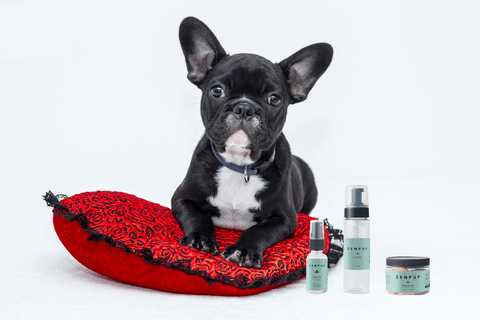
Australian companies tend to treat product creation a little more seriously than the US, but the high cost and limited availability of pet medical research in Australia means we’re unlikely to see properly researched and tested CBD dog products anytime soon.
For more on dog health, check out:
Understanding the Invisible Economics of Pet Food

